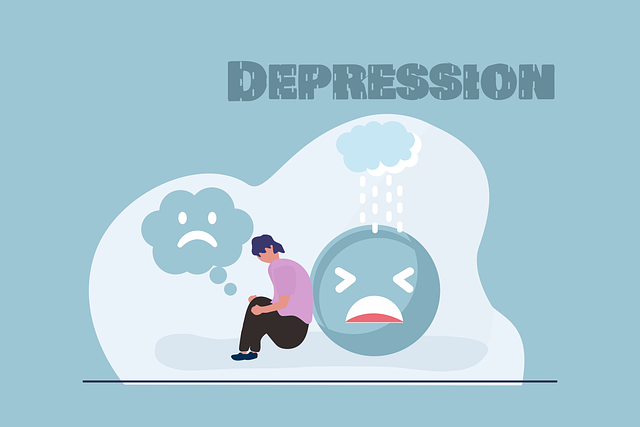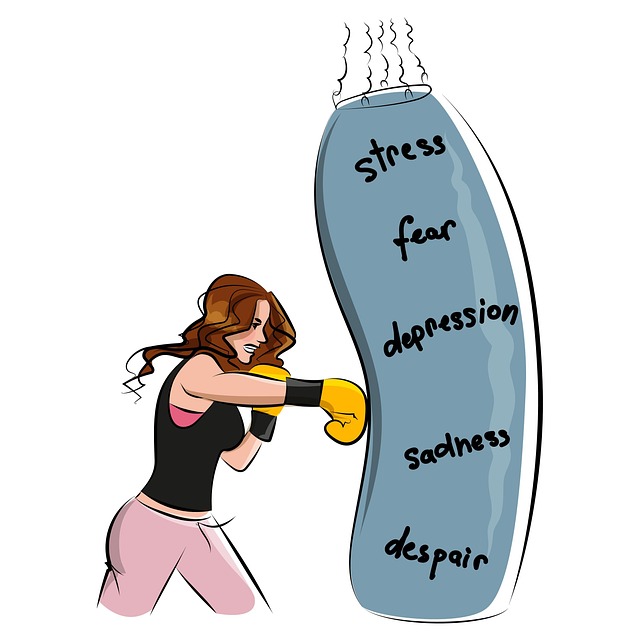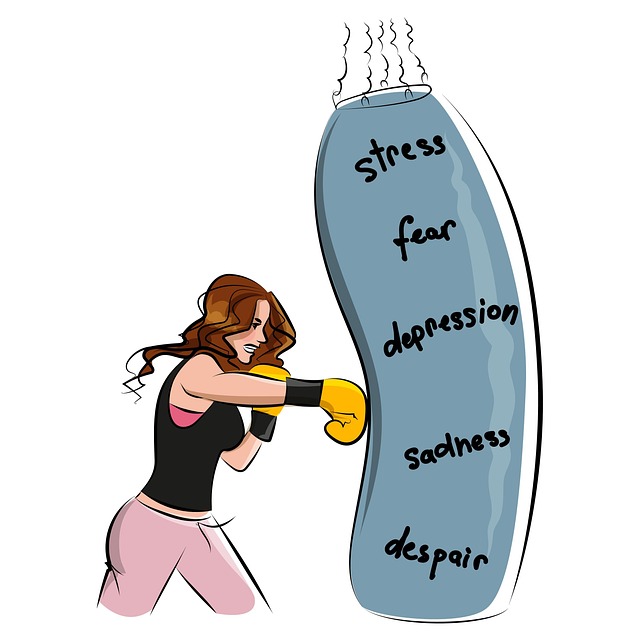Lakewood Hebrew Speaking Therapy (LHST) offers a unique approach focusing on mental wellness through skill development in social interactions and thought patterns, fostering a supportive community for emotional exploration and effective communication. Integrating speech therapy with cultural sensitivity, LHST addresses social skills training while encouraging open dialogue and positive thinking. The method has shown significant improvements in mental wellness, cultural identity acceptance, and community belonging, leveraging Resilience, Flexibility, and Mindfulness (RFM) exercises to build mental fortitude and enhance self-care routines.
“Uncover the power of Resilience, Flexibility, and Mentality (RFM) with this transformative approach inspired by the Lakewood Hebrew Speaking Therapy model. This comprehensive guide explores how RFM exercises can build adaptability and effective coping strategies. From understanding the core principles to practical integration into daily routines, we delve into the benefits for mental well-being. Discover how this therapeutic technique empowers individuals to navigate life’s challenges with resilience, drawing from the unique perspective of Lakewood Hebrew Speaking Therapy.”
- Understanding RFM: The Lakewood Hebrew Speaking Therapy Approach
- Resilience Building Exercises: Fostering Adaptability and Coping Strategies
- Practical Application: Incorporating RFM into Daily Life
- Benefits and Impact: Enhancing Mental Well-being Through RFM
Understanding RFM: The Lakewood Hebrew Speaking Therapy Approach

The Lakewood Hebrew Speaking Therapy (LHST) Approach is a unique and innovative method designed to enhance mental wellness and foster resilience through a comprehensive understanding of an individual’s social skills and thought patterns. This approach recognizes that building strength and adaptability lies in recognizing and cultivating positive thinking within a supportive community. LHST offers a safe space where individuals can explore their emotional landscapes, develop effective communication strategies, and learn to navigate life’s challenges with greater ease.
By combining elements of speech therapy with cultural sensitivity, the Lakewood Hebrew Speaking Therapy Approach addresses the social skills training needs of its participants. It encourages open dialogue, promotes positive thinking, and builds resilience by empowering individuals to express themselves authentically. This approach has proven effective in enhancing overall mental wellness, helping folks embrace their unique identities, and cultivate a sense of belonging within their communities.
Resilience Building Exercises: Fostering Adaptability and Coping Strategies

Resilience building exercises play a pivotal role in equipping individuals with the tools to navigate life’s challenges and adversity. These techniques, often incorporated into therapy practices like those offered at Lakewood Hebrew Speaking Therapy, foster adaptability and effective coping strategies. By engaging in activities that promote emotional regulation, problem-solving skills, and positive thinking, individuals can enhance their mental health awareness and build a stronger foundation for dealing with stress and difficult situations.
One of the key benefits of resilience building is its ability to empower people to manage conflicts and disagreements constructively. Conflict resolution techniques, an integral part of these exercises, teach individuals how to communicate effectively, negotiate, and find mutually beneficial solutions. This not only strengthens personal relationships but also prepares individuals for professional settings where effective conflict management is crucial for success and well-being.
Practical Application: Incorporating RFM into Daily Life

Incorporating RFM (Resilience, Flexibility, and Mindfulness) into daily life is a practical way to build mental fortitude, as advocated by professionals at Lakewood Hebrew Speaking Therapy. This approach transcends mere theoretical understanding, offering tangible tools to navigate life’s challenges more effectively. By integrating resilience-building exercises into routines, individuals can enhance their ability to cope with stress, anxiety, and adversity.
Mindfulness meditation, a key component of RFM, is a simple yet powerful practice that can be incorporated into any self-care routine development for better mental health. This involves training the mind to focus on the present moment, thereby fostering flexibility in thinking and emotional regulation. Healthcare provider cultural competency training, which emphasizes understanding diverse perspectives, can also benefit from RFM principles. These techniques promote empathy, adaptability, and effective communication, essential skills for delivering culturally sensitive care.
Benefits and Impact: Enhancing Mental Well-being Through RFM

Resilience is a vital tool for navigating life’s challenges and stressors, and RFM (Recovery, Flexibility, Mastery) exercises have proven to be an effective way to build this inner strength. Lakewood Hebrew Speaking Therapy recognizes the profound impact of enhancing mental well-being through these practices. By incorporating RFM techniques into therapy sessions, they empower individuals to develop a robust self-care routine for better mental health.
This approach not only fosters resilience but also raises public awareness campaigns about developing inner strength. The benefits are far-reaching; it helps people manage anxiety and depression by promoting flexibility in thinking and behavior. Through regular practice, individuals gain the mastery to cope with difficult situations, improving their overall mental well-being and quality of life.
The Lakewood Hebrew Speaking Therapy (LHST) approach, through its emphasis on RFM (Resilience, Flexibility, and Mastery), offers a powerful framework for building mental resilience. By incorporating LHST’s practical exercises into daily routines, individuals can cultivate adaptability and effective coping strategies, leading to enhanced well-being. This holistic method empowers folks to navigate life’s challenges with greater ease, ensuring they emerge stronger and more resilient.














